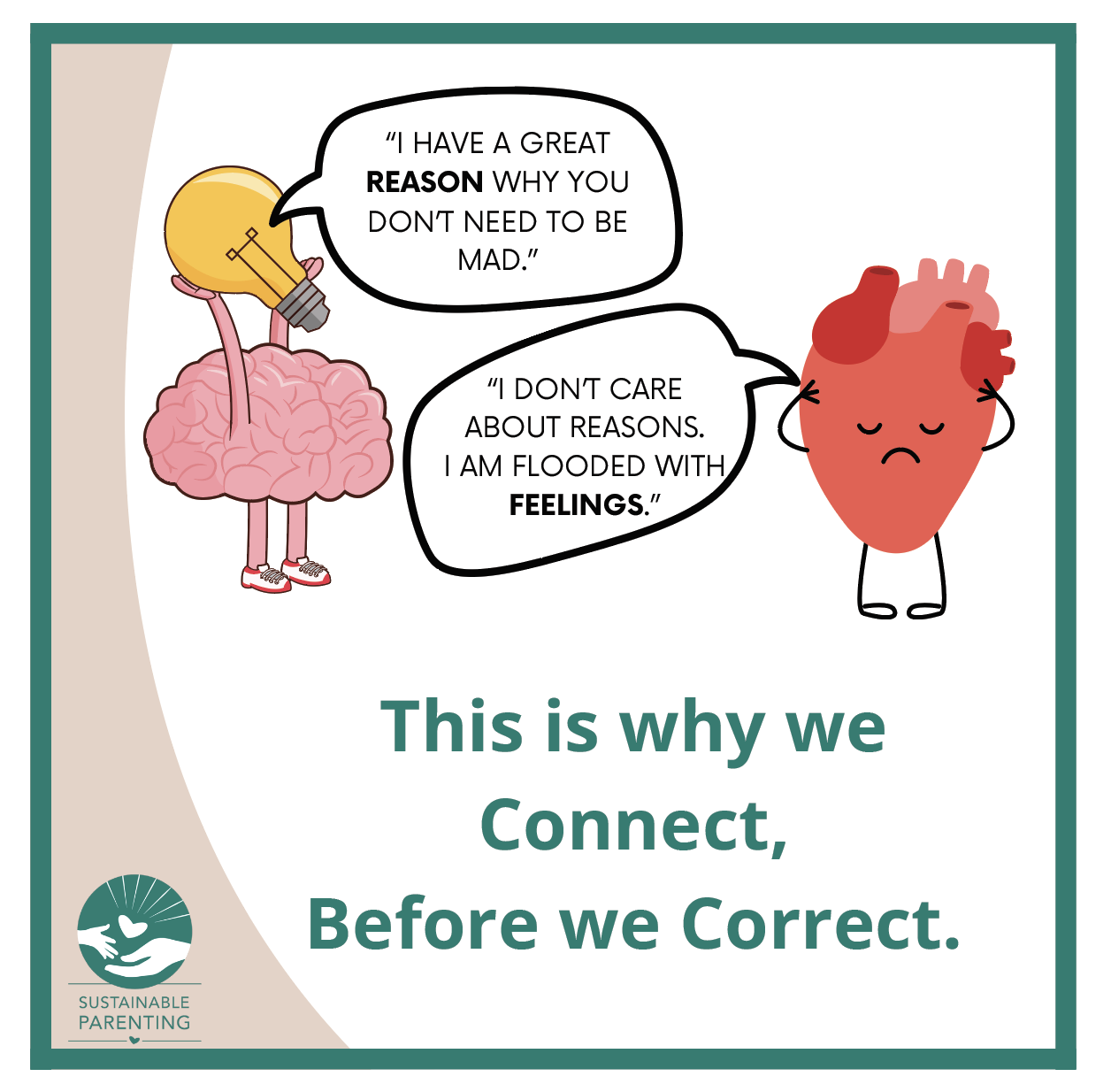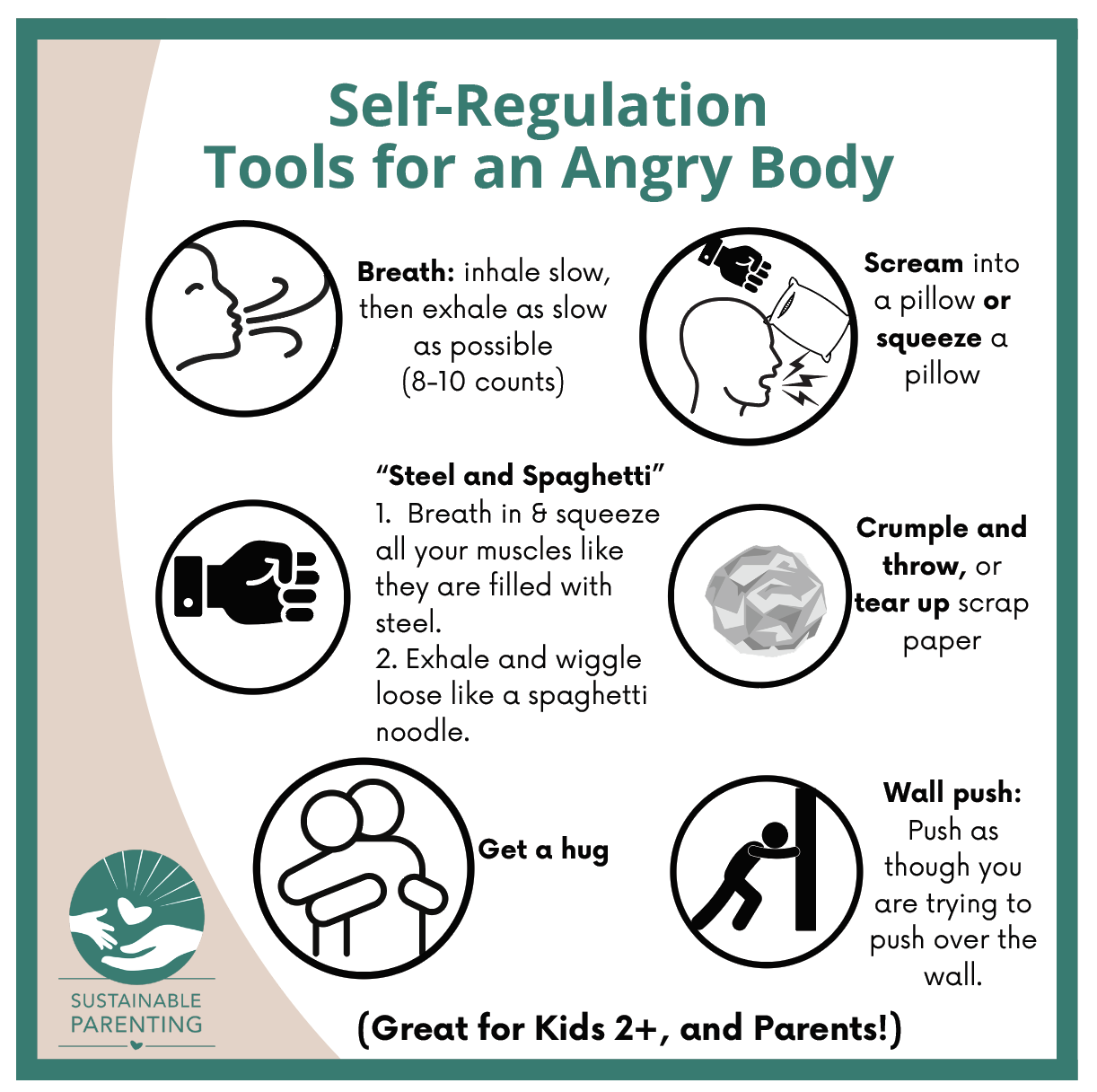
3 minute read
Ask Flora
WRITTEN BY FLORA MCCORMICK
Q. I have a neurodivergent kid who repeatedly blames others when he gets mad. How do we get him to take more ownership of his own actions and be more open to hearing us when we are trying to calm him down.” ~ Lindsay (mom of a 10-year-old, a 7-year-old neurodivergent child and a 3-year-old)
A. When it comes to neurodivergent kids, the key is reevaluating our approach. It’s tempting to rely on super logical solutions, especially with kids who are highly intelligent and verbal. But here’s the truth: Logic often falls short when emotions are running high.

When a neurodivergent child gets upset, we easily make the error of assuming that an explanation is the best way to help them calm down. However, with all kids (and especially with most neurodivergent kids), the “logic” part of the brain is not what is activated in their moments of upset. Simply put – in those moments, they don’t have access to their highly intelligent “reason mode.”
Instead, the child is likely struggling with trying to navigate physical reactions that he doesn’t feel equipped to understand and/or control. His feelings are very physical. So, trying to reason with him at that point is like using a wrench to fix a light bulb—it just doesn’t fit. So, what’s the game-changer? Recognizing that no amount of logic can magically pull a child out of an emotional whirlwind.
In this column, you can ask your questions about parenting kids from ages 2 to 10 to Flora McCormick, Licensed Counselor & Parenting Coach.
Here’s a simple yet powerful strategy: When your neurodivergent child is overwhelmed by emotions, focus on calming those feelings with validation and physical emotion-regulation tools.
1. Start by acknowledging and naming your child’s feelings first. For example, “You seem (feeling word)” or “You seem frustrated right now.”
2. Provide tools for emotional regulation that are focused on the body and have nothing to do with convincing him to calm down or to not blame others.

Once the physical storm subsides, you can guide them through logical solutions or pivot to something else. Those options can sound like:
Asking: “What can we do to make this better?” “What can we do to solve this?”
Distraction/Redirection: “Do you want to run or skip while we hold hands to get to the car?”
When/Then: “When...(thing that needs to get done)...Then... (thing that can happen after).”
If you’re unsure how to implement this strategy with your child, feel free to reach out for some more direct parent coaching with me, or one of the many psychotherapists or occupational therapists in our community who specialize in helping with this kind of socialemotional skill-building.
To get more sanity-saving strategies for parenting young kids, join Flora’s Free Facebook Group: Sustainable Parenting. Questions for the next issue or wins/questions from this issue can be submitted to contactflora@gmail.com. A special thank you to those who submit monthly questions.
FLORA McCORMICK, LCPC
(406) 224-0031










